By Film Noir Blonde and Mike Wilmington
The Noir File is FNB’s guide to classic film noir, neo-noir and pre-noir from the schedule of Turner Classic Movies (TCM), which broadcasts them uncut and uninterrupted. The times are Eastern Standard and (Pacific Standard).
Pick of the Week
“All the King’s Men” (1949, Robert Rossen). Saturday, Feb. 8, 10 p.m. (7 p.m.). Robert Rossen’s tough, iconoclastic adaptation of Robert Penn Warren’s Pulitzer Prize-winning novel about Deep South politics, the gullible electorate and the smart rustic crook, Willie Stark, who exploits them, isn’t usually classed as a film noir. But it’s certainly as dark, hard-edged and stylish a drama of American political criminality and corruption as any movie has given us. It looks and feels like a noir, and it hits you in the gut like one. Willie Stark, who was modeled on the legendary Louisiana governor and demagogue Huey Long, remains one of the classic portraits of political gangsterism.
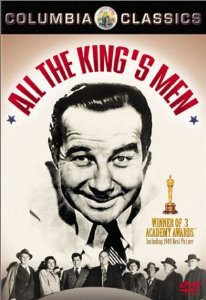 Stark – played by movie tough guy Broderick Crawford in his Oscar-winning performance – starts out, like a few other Southern demagogues (including George Wallace) as a “man of the people” and a populist. But, along the way, on his road to near-dictatorial power, Stark begins cutting deals, bullying his enemies, and turning his state into a piggy-bank for himself and his cronies. Every step of that way is witnessed and recorded by intellectual newsman turned Stark supporter (and then foe) Jack Burden (John Ireland), who follows Willie from his back-country idealist origins to a dark, tragic climax.
Stark – played by movie tough guy Broderick Crawford in his Oscar-winning performance – starts out, like a few other Southern demagogues (including George Wallace) as a “man of the people” and a populist. But, along the way, on his road to near-dictatorial power, Stark begins cutting deals, bullying his enemies, and turning his state into a piggy-bank for himself and his cronies. Every step of that way is witnessed and recorded by intellectual newsman turned Stark supporter (and then foe) Jack Burden (John Ireland), who follows Willie from his back-country idealist origins to a dark, tragic climax.
Robert Rossen made “All the King’s Men” after writing many gangster and crime scripts for Warner Brothers. He directed two classic film noirs: “Johnny O’Clock,” with Dick Powell, and the classic “Body and Soul,” with John Garfield. Until Rossen directed another classic noir in 1961 (the gritty black-and-white pool-hall saga “The Hustler,” with Paul Newman, Jackie Gleason and George C. Scott) “All the King’s Men” remained his best film. Tough and stylish, hard as nails and idealistic underneath, it’s as dark as “Body and Soul” or “The Hustler.” The great cast includes Crawford, Ireland, Joanne Dru, John Derek, Shepperd Strudwick and, in another Oscar-winning performance, as Willie’s hard-bitten right-hand babe Sadie Burke, that great neglected actress, Mercedes McCambridge.
Wednesday, Feb. 5
1:30 a.m. (10:30 p.m.): “Notorious” (1946, Alfred Hitchcock). With Ingrid Bergman, Cary Grant and Claude Rains. Reviewed in FNB on Feb. 20, 2012.
Thursday, Feb. 6
11:30 a.m. (8:30 a.m.): “Caged” (1950, John Cromwell). With Eleanor Parker, Agnes Moorehead and Hope Emerson. Reviewed in FNB on July 13, 2012.
3:30 p.m. (12:30 p.m.). “Whatever Happened to Baby Jane?” (1962, Robert Aldrich). With Bette Davis, Joan Crawford and Victor Buono. Reviewed in FNB on July 28, 2012).
6 p.m. (3 p.m.): “Wait Until Dark” (1967, Terence Young). With Audrey Hepburn, Alan Arkin and Richard Crenna. Reviewed in FNB on 12/12/12 (Dec. 12, 2012)
Friday, Feb. 7
6:30 a.m. (3:30 a.m.): “Night Must Fall” (1937, Richard Thorpe). With Robert Montgomery, Rosalind Russell and Dame May Whitty. Reviewed in FNB on May 15, 2013.
4:15 p.m. (1:15 p.m.): “The Lavender Hill Mob” (1951, Charles Crichton), With Alec Guinness, Stanley Holloway and Sidney James.. Reviewed in FNB on Feb. 27, 2013.
Saturday, Feb. 8
7 a.m. (4 a.m.): “The Long Voyage Home” (1940, John Ford). With Thomas Mitchell, Barry Fitzgerald and John Wayne. Reviewed in FNB on Feb. 20, 2013.
9 a.m. (6 a.m.): “Crossfire” (1947, Edward Dmytryk). With Robert Young, Robert Mitchum and Robert Ryan. Reviewed in FNB on Nov. 10, 2013.
10 p.m. (7 p.m.): “All the King’s Men” (See Pick of the Week.)
Monday, Feb. 10
9:30 p.m. (6:30 p.m.): “Foreign Correspondent” (1940, Alfred Hitchcock). With Joel McCrea, Laraine Day and George Sanders. Reviewed in FNB on Feb. 20, 2013.
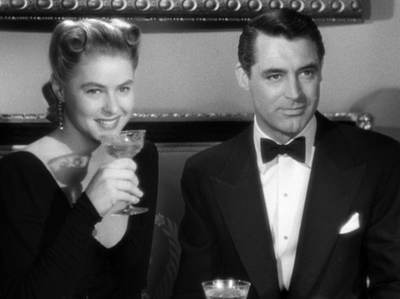





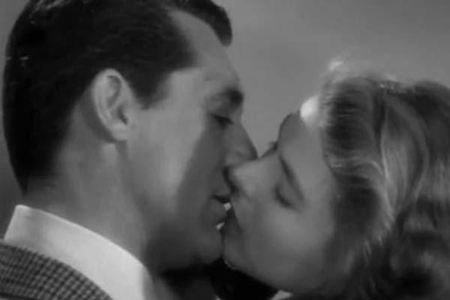

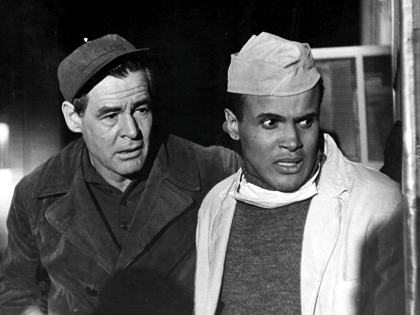
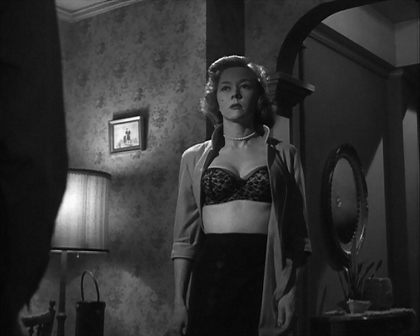

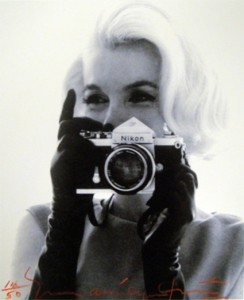
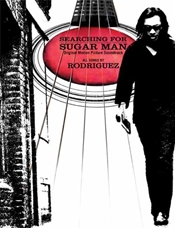
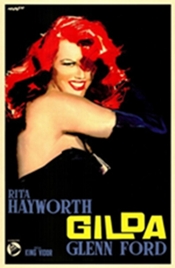
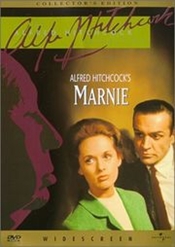
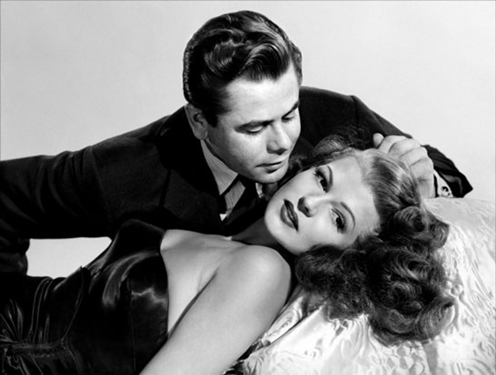
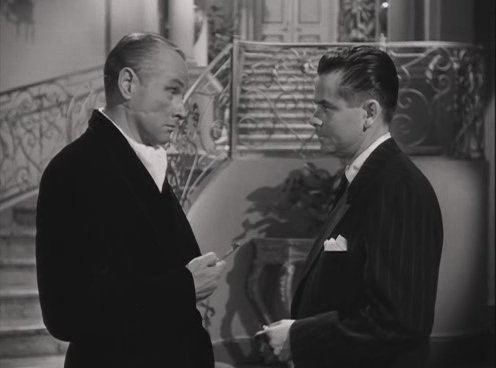


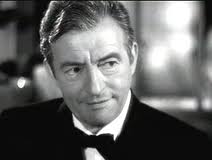
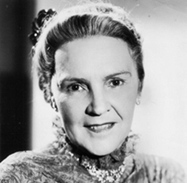

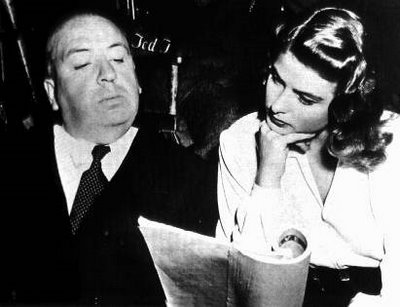
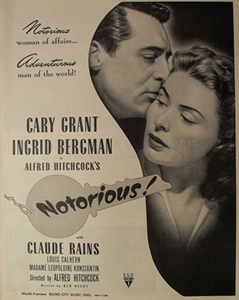
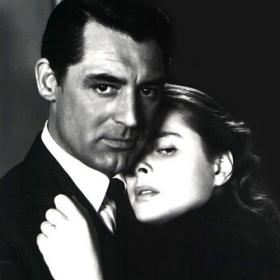


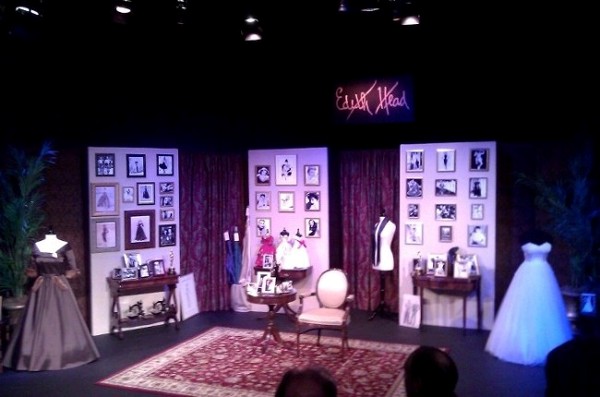
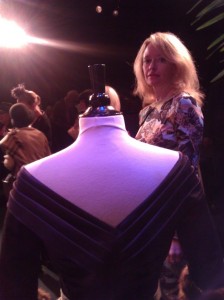
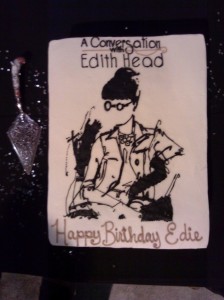





From FNB readers